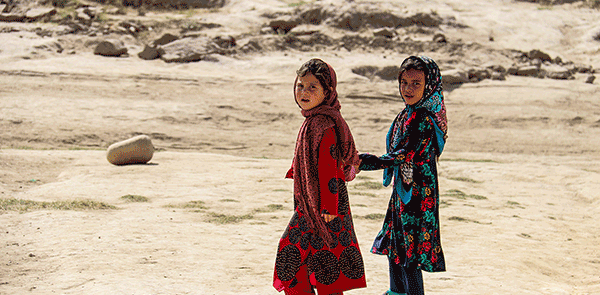|
Monday, Nov. 8 // 4–5:30 p.m. (ET)
Based on secret records of White House-Kremlin contacts, Not One Inch shows how, in the 1990s, the United States overcame Russian resistance to expand NATO, ultimately bringing the alliance to a billion people. But it also reveals how Washington’s hardball tactics, combined with Moscow’s self-inflicted wounds, undermined a potentially lasting partnership during the decade culminating in Vladimir Putin’s rise to power. On the 30th anniversary of Soviet collapse, Sarotte shows how NATO expansion transformed the era between the Cold War and COVID.

Tuesday, Nov. 9 // 8:30–9:30 a.m. (ET)
Join us for a live webcast discussion with H.E. Sameh Shoukry, the Foreign Minister of Egypt, covering developments in the Middle East and North Africa region, which are of vital national security interest to both the United States and its partner Egypt.

Tuesday, Nov. 9 // 11:00 a.m.–12:15 p.m. (ET)
A new report from the Latin American Program’s Venezuela Working Group explores what has impeded democratic political change in Venezuela and explores options to enhance the chances for future democratization, civil harmony, and economic recovery.

Tuesday, Nov. 9 // 2–3:30 p.m. (ET)
In August and September of 1991, Kyrgyzstan, Tajikistan, Turkmenistan, and Uzbekistan declared independence. After the signing of the Belavezha Accords dissolving the Soviet Union that December, Kazakhstan then followed in declaring independence. This program will examine the evolution of the social, political, and security situation in Central Asia during its 30 years of independence and what the future might hold for the region.

Friday, Nov. 12 // 12:30–1:30 p.m. (ET)
Join us for a panel discussion on nuclear energy and how the governments of Canada and the United States can work together to reach their climate change goals.

|





